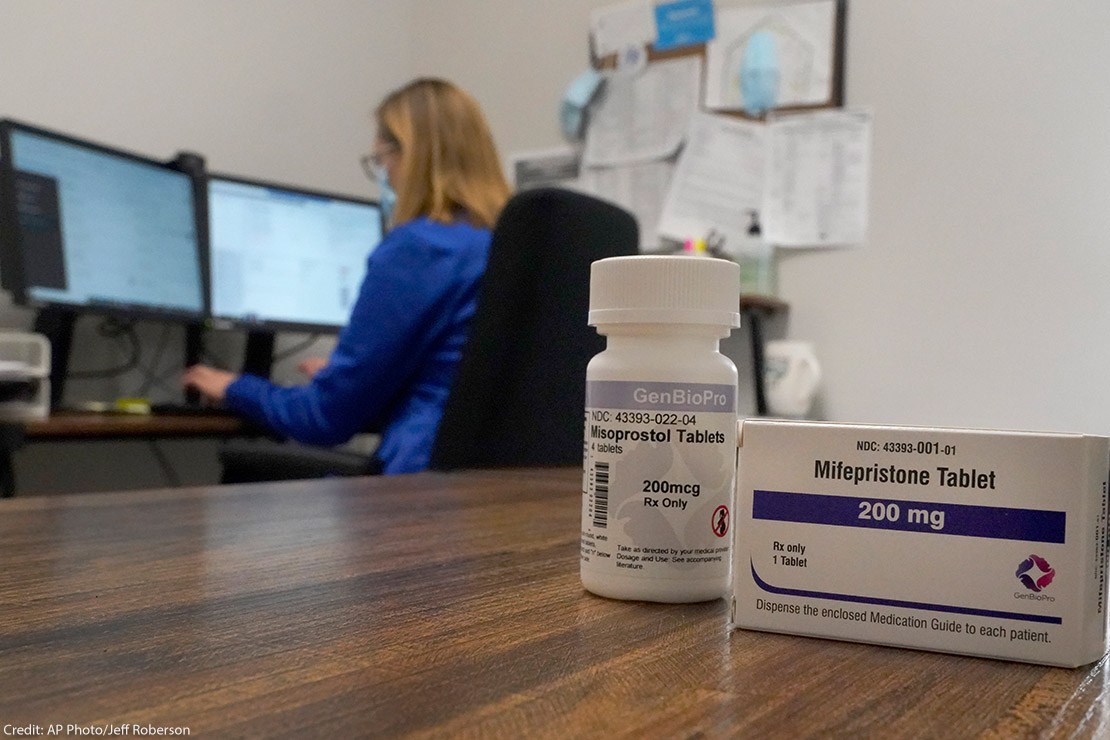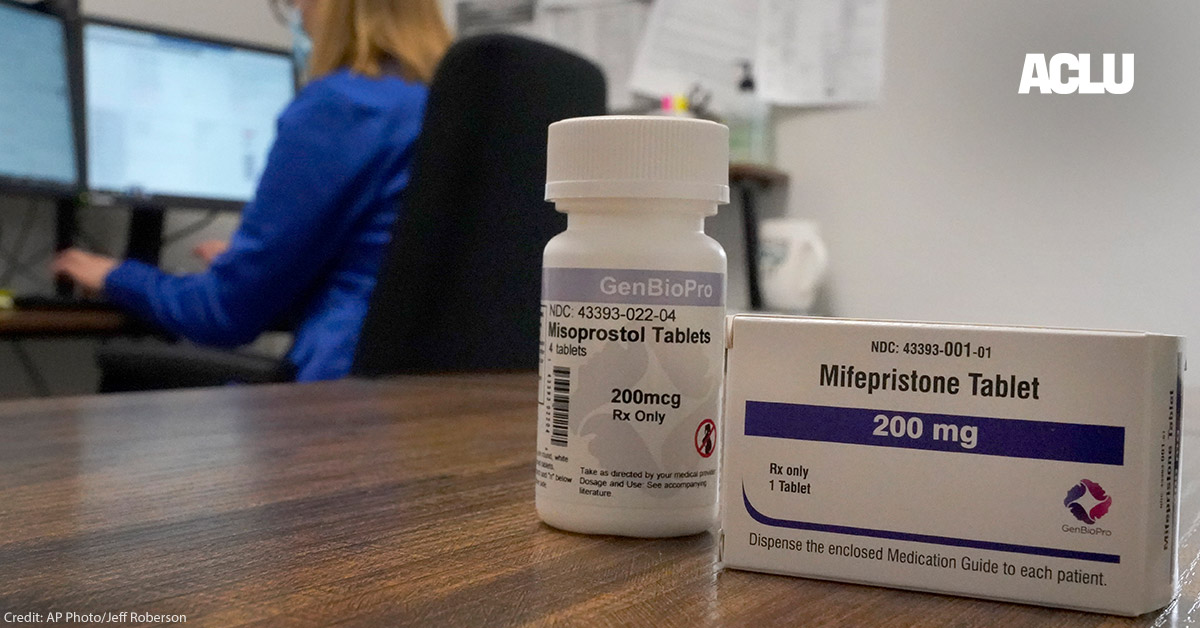From Pasadena, California to Lexington, Kentucky to Menasha, Wisconsin, to Newark, New Jersey, the surveillance company Flock Safety is blanketing American cities with dangerously powerful and unregulated automatic license plate recognition (ALPR) cameras. While license plate readers have been around for some time, Flock is the first to create a nationwide mass-surveillance system out of its customers’ cameras.
Working with police departments, neighborhood watches, and other private customers, Flock not only allows private camera owners to create their own “hot lists” that will generate alarms when listed plates are spotted, but also runs all plates against state police watchlists and the FBI’s primary criminal database, the National Crime Information Center (NCIC). Flock’s goal is to expand to “every city in the United States,” and its cameras are already in use in over 2,000 cities in at least 42 states.
Unlike a targeted ALPR camera system that is designed to take pictures of license plates, check the plates against local hot lists, and then flush the data if there’s no hit, Flock is building a giant camera network that records people’s comings and goings across the nation, and then makes that data available for search by any of its law enforcement customers. Such a system provides even small-town sheriffs access to a sweeping and powerful mass-surveillance tool, and allows big actors like federal agencies and large urban police departments to access the comings and goings of vehicles in even the smallest of towns. And every new customer that buys and installs the company’s cameras extends Flock’s network, contributing to the creation of a centralized mass surveillance system of Orwellian scope. Motorola Solutions, a competitor to Flock, is pursuing a similar business model.
If the police or government leaders are pushing for Flock or another centralized mass-surveillance ALPR system in your community, we urge you to oppose it, full stop. You can do this by urging your local councilperson or other elected representatives to adopt our recommendations into law, attending public meetings and hearings, and raising the profile of the issue by writing letters to the editor and op-eds. You can also use social media to highlight the issues — be sure to tag your elected officials — including by sharing this blog post. If you’re an elected official or community leader, you may also be able to engage directly with your police department — we have found that some departments are willing to do so.
In a few places, residents concerned about privacy and over-policing have successfully blocked their police departments’ acquisition of Flock or other ALPR systems. But, in many other cities, those efforts have been thwarted. In communities where such systems can’t be stopped entirely, we can still help protect our and our neighbors’ civil liberties by working with our local police department and elected officials to ensure that local ALPR cameras do not feed into a mass surveillance system that lets potentially every law enforcement department in the world spy on the residents and visitors of any city in America.
We don’t find every use of ALPRs objectionable. For example, we do not generally object to using them to check license plates against lists of stolen cars, for AMBER Alerts, or for toll collection, provided they are deployed and used fairly and subject to proper checks and balances, such as ensuring devices are not disproportionately deployed in low-income communities and communities of color, and that the “hot lists” they are run against are legitimate and up to date. But there’s no reason the technology should be used to create comprehensive records of everybody’s comings and goings — and that is precisely what ALPR databases like Flock’s are doing. In our country, the government should not be tracking us unless it has individualized suspicion that we’re engaged in wrongdoing. We more fully lay out our concerns with this technology in our white paper, and in this 2013 report.
Many police departments neither understand nor endorse Flock’s nationwide, mass surveillance-driven approach to ALPR use, but are adopting the company’s cameras simply because other police departments in their region are doing so. As such, they may be amenable to compromise. That might even include using another vendor that does not tie its cameras into a mass-surveillance system. In other cases, you may be able to get your police department or local legislators to add addendums to Flock’s standard contract that limit its ALPR system’s mass surveillance capabilities and highly permissive data sharing.
In those situations, the three most important areas for regulation and negotiation are how long the data is retained, who the data is shared with, and how that data is used by law enforcement. We obtained samples of Flock’s Government Agency Customer Agreements with the Greensboro, North Carolina Police Department and other Flock contracts with local police. Below is suggested contract language across these three areas, based on these agreements, that you can use in your local advocacy efforts.
Data Retention
Whether ALPRs are being used for Amber Alerts, toll collection, or to identify stolen vehicles, a license plate can be run against a watchlist in seconds. The police do not need records of every person’s coming and goings, including trips to doctor’s offices, religious institutions, and political gatherings.
New Hampshire state law, which requires law enforcement to delete non-hit license plate capture data within three minutes, is a good model. But you should get the shortest retention period you can in your community. From worst to best, here are three approaches that can be taken to the retention of ALPR data:
Data Sharing/Use by Others
One of the most important privacy-protective steps you can take is to restrict your community’s ALPR system to local use, meaning local ALPR scans are only checked against locally developed watch lists. Allowing local ALPR data to be used by outside law enforcement creates significant risks. Your local ALPR data could be used to enforce anti-abortion or anti-immigrant laws from other jurisdictions, or even to assist foreign, authoritarian regimes in hunting down political opponents and refugees living in America (Flock’s default provisions give the company a “worldwide” license to use its customers’ APLR data).
These risks are simply not worth taking, especially since there are many other companies that sell locally focused systems. From worst to best, here are three data sharing and use approaches:
Database Use
As much as we might hope that all police watchlists were 100 percent reliable, we know they are not. In fact, the largest and most commonly used national watch list — the National Crime Information Center (NCIC) database — does not even comply with the 1974 United States Privacy Act’s basic accuracy, reliability, and completeness requirements. That means allowing your ALPR data to be run against such databases will subject anyone living in or visiting your town to unjustified arrest and detention, which is an especially dangerous proposition for members of vulnerable, already overpoliced communities. Again, from worst to best, here are three database use approaches:
In the end, neither local police departments, nor government officials, nor residents should blindly accept Flock’s model simply because it advances Flock’s bottom line, or because other jurisdictions have unwisely chosen to do so. We continue to believe that using Flock cameras should be opposed outright. But where that battle can’t be won, then any system should at least be confined to the community itself and not made part of a national and international mass-surveillance system.
Date
Monday, February 13, 2023 - 4:30pmFeatured image






